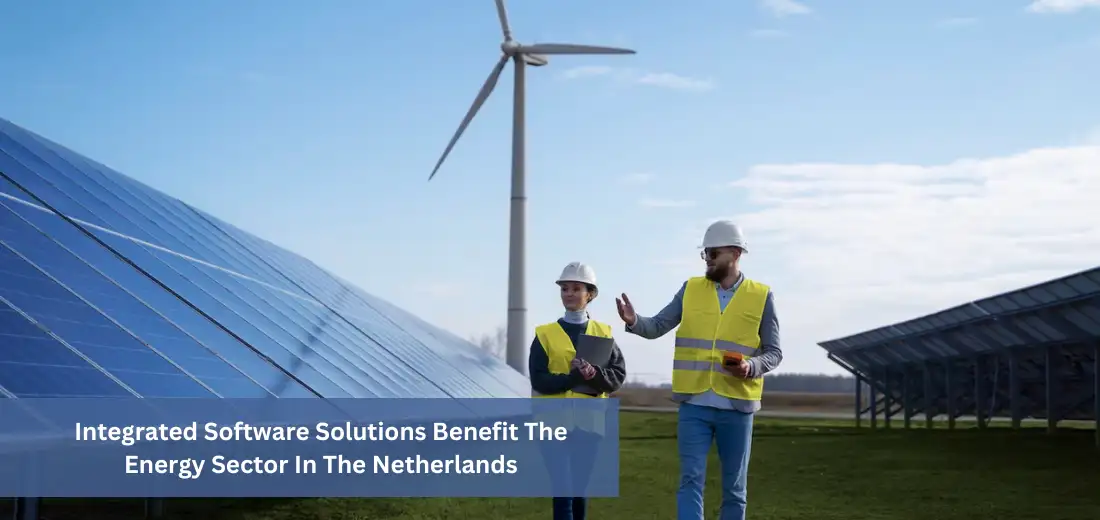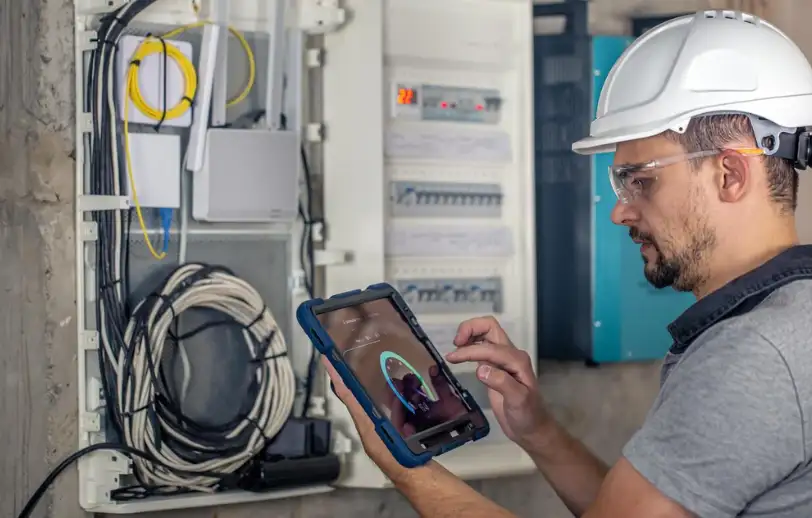
- Company
- Services
- UI/UX Design Services
- Microsoft Dynamics 365
- Mobile App Development
- AI Software Development
- Web App Development
- Generative AI Development
- Digital Product Development
- Enterprise Mobility
- SaaS Application Development
- Application Integration
- White-label WP Maintenance
- ERP Software Solutions
- Software Testing
- Offshore Development Center
- Let’s Connect
- Trending
- Technology
- Industry
- Build Your Team
- Our Work
- Company
- Services
- UI/UX Design Services
- Microsoft Dynamics 365
- Mobile App Development
- AI Software Development
- Web App Development
- Generative AI Development
- Digital Product Development
- Enterprise Mobility
- SaaS Application Development
- Application Integration
- White-label WP Maintenance
- ERP Software Solutions
- Software Testing
- Offshore Development Center
- Let’s Connect
- Trending
- Technology
- Industry
- Build Your Team
- Our Work
We use cookies and similar technologies that are necessary to operate the website. Additional cookies are used to perform analysis of website usage. please read our Privacy Policy
How Do Integrated Software Solutions Benefit the Energy Sector in the Netherlands?

The Netherlands is at the forefront of the global energy transition, ambitiously aiming for a carbon-neutral future. To achieve this, the Dutch energy sector needs to be smarter, more efficient, and adaptable to the growing integration of renewable energy sources.
The integrated software solutions are playing a crucial role in this transformation, empowering Dutch energy companies to optimize operations, integrate renewables, and deliver a reliable energy supply.
From solar and wind farms to smart grids and energy storage systems, these solutions facilitate the seamless integration and management of diverse energy sources, enabling companies to reduce carbon emissions and embrace a more sustainable future.
In this blog, we will discuss the key ways in which integrated software solutions are reshaping the energy landscape in the Netherlands, driving efficiency, sustainability, and profitability.
Energy in the Netherlands – Statistics & Facts
- The Netherlands power market cumulative installed capacity was 47.5 GW in 2021. The market is expected to achieve a CAGR of more than 6% during 2021-2035. In 2021, thermal power dominated the capacity segment.
- Thermal power generation share in Netherlands is expected to decline. The decline in thermal power generation is attributed to the Dutch government’s plan of phasing out coal power plants by 2030.
- In line with the European Union’s Green Deal, the Dutch government is targeting to reduce greenhouse gas emissions by 95 percent by 2050.
- The government’s 2019 Climate Agreement focuses on the sectors electricity, industry including agriculture, the built and natural environment, and transportation.
- The Netherlands’ primary energy production has decreased in recent years, falling to some 33.4 million metric tons of oil equivalent. Gas is the main fuel produced in the country, while renewables account for less than 20 percent.
- By 2030, 70% of the current electricity consumption of the country is expected to come from wind or solar energy. That equates to 84 terawatt-hours (TWh). More than half of this will come from offshore wind energy (49 TWh). The remaining 35 TWh comes from wind and solar energy on land.
What are Integrated Software Solutions?
Integrated software solutions, in the context of energy, are platforms that combine various functionalities traditionally offered by separate software programs. These functionalities can include:
- Asset management: Tracking and optimizing the performance of power plants, wind turbines, substations, and other energy assets.
- Grid management: Monitoring and controlling the flow of electricity across the grid, ensuring stability and preventing outages.
- Demand forecasting: Predicting electricity demand based on weather patterns, consumer behavior, and other factors.
- Energy trading: Facilitating the buying and selling of electricity on the wholesale market.
- Customer management: Providing tools for billing, meter reading, and customer service.
By integrating these functionalities into a single platform, energy companies gain a holistic view of their operations, enabling them to make data-driven decisions and optimize their performance.
Benefits for integrated software solutions for the Netherlands energy sector
Let’s explore how these software solutions are reshaping the energy industry in seven key ways:
1. Streamlined Operations:
Integrated software solutions centralize operations management, from resource allocation to maintenance scheduling. This streamlines workflows, minimizes downtime, and optimizes resource utilization, ensuring maximum efficiency across the energy value chain.
2. Data-Driven Decision-Making:
Leveraging IoT sensors and predictive analytics, these solutions provide real-time insights into asset performance, energy consumption patterns, and market trends. In the Netherlands, this data-driven approach enables informed decision-making, ensuring companies stay agile and responsive to evolving industry dynamics.
3. Regulatory Compliance Made Simple:
With a complex regulatory landscape, integrated software solutions automate compliance management, simplifying reporting, emissions monitoring, and adherence to industry standards. This capability helps Dutch energy companies navigate regulatory complexities efficiently, reducing compliance risks and associated costs.
4. Integration of Renewable Energy Sources:
As the Netherlands accelerates its transition to renewable energy, integrated software solutions facilitate the seamless integration of solar, wind, and other renewable energy sources into the grid. This enables efficient management of diverse energy assets, driving sustainability and reducing carbon emissions.
5. Enhanced Customer Engagement:
Integrated software solutions enhance customer engagement through personalized services and real-time communication channels. Customers can monitor their energy usage, access billing information, and receive tailored recommendations, fostering trust and loyalty.
6. Supply Chain Optimization:
Integrated software solutions optimize supply chain management, ensuring smooth coordination between suppliers, distributors, and end-users. In the Dutch energy sector, this results in improved inventory management, reduced lead times, and enhanced cost-efficiency throughout the supply chain.
7. Scalability and Flexibility:
Scalability is essential in the dynamic energy sector, and integrated software solutions offer the flexibility to adapt to evolving business needs. Whether expanding operations, integrating new technologies, or entering new markets, these solutions provide a robust foundation for growth and innovation.
Use Cases: Integrated Software Solutions Powering the Dutch Energy Sector
The benefits of integrated software solutions for the Dutch energy sector are numerous, but to truly understand their impact, let’s delve into some specific use cases:
1. Optimizing Wind Farm Operations:
Challenge: Dutch wind farms are crucial for renewable energy targets, but variable wind speeds can affect power generation.
Solution: Integrate real-time wind speed data with turbine performance and electricity prices. This allows for:
- Predictive Maintenance: Schedule maintenance based on actual turbine wear and tear, not just timetables, reducing downtime.
- Dynamic Power Generation: Adjust turbine output based on real-time wind speed and electricity prices, maximizing power generation during peak demand periods.
2. Balancing the Grid with Renewables:
Challenge: Integrating solar and wind power with variable output can destabilize the grid.
Solution: Leverage integrated software for:
- Demand Response Management: Offer customers incentives to adjust their energy usage during peak renewable generation periods, reducing reliance on traditional power sources.
- Storage Integration: Optimize battery storage usage to absorb excess renewable energy and release it during peak demand, maintaining grid stability.
3. Empowering Customers with Smart Meters:
Challenge: Traditional meters offer limited data on energy usage.
Solution: Integrate smart meters with the software platform to provide customers with:
- Real-time Usage Monitoring: Customers can track their energy consumption by appliance, identifying areas for potential savings.
- Dynamic Pricing Options: Offer customers time-based pricing plans that incentivize them to shift energy usage to off-peak periods.
4. Streamlining Energy Trading:
Challenge: Energy trading can be complex, requiring constant monitoring and analysis.
Solution: Integrate energy trading functionalities with real-time market data and weather forecasts. This allows for:
- Automated Bidding Strategies: The platform can automatically submit bids to the energy market based on real-time factors, maximizing profits.
- Risk Management: Identify and mitigate potential risks based on weather patterns and market fluctuations.
Conclusion
Integrated software solutions are catalyzing a paradigm shift in the energy sector in the Netherlands, driving efficiency, sustainability, and innovation. By leveraging the power of data, automation, and connectivity, companies are poised to get new opportunities for growth and resilience in an emerging industry. As the energy transition accelerates, integrated software solutions will continue to serve as indispensable tools, empowering companies to navigate challenges, seize opportunities, and shape the future of energy.
We are here
Our team is always eager to know what you are looking for. Drop them a Hi!
Pranjal Mehta
Pranjal Mehta is the Managing Director of Zealous System, a leading software solutions provider. Having 10+ years of experience and clientele across the globe, he is always curious to stay ahead in the market by inculcating latest technologies and trends in Zealous.
Table of Contents
×





Comments